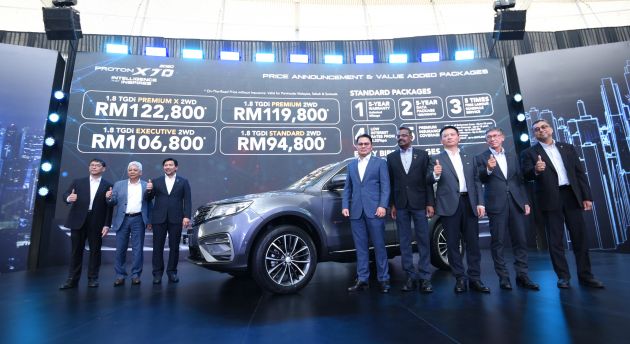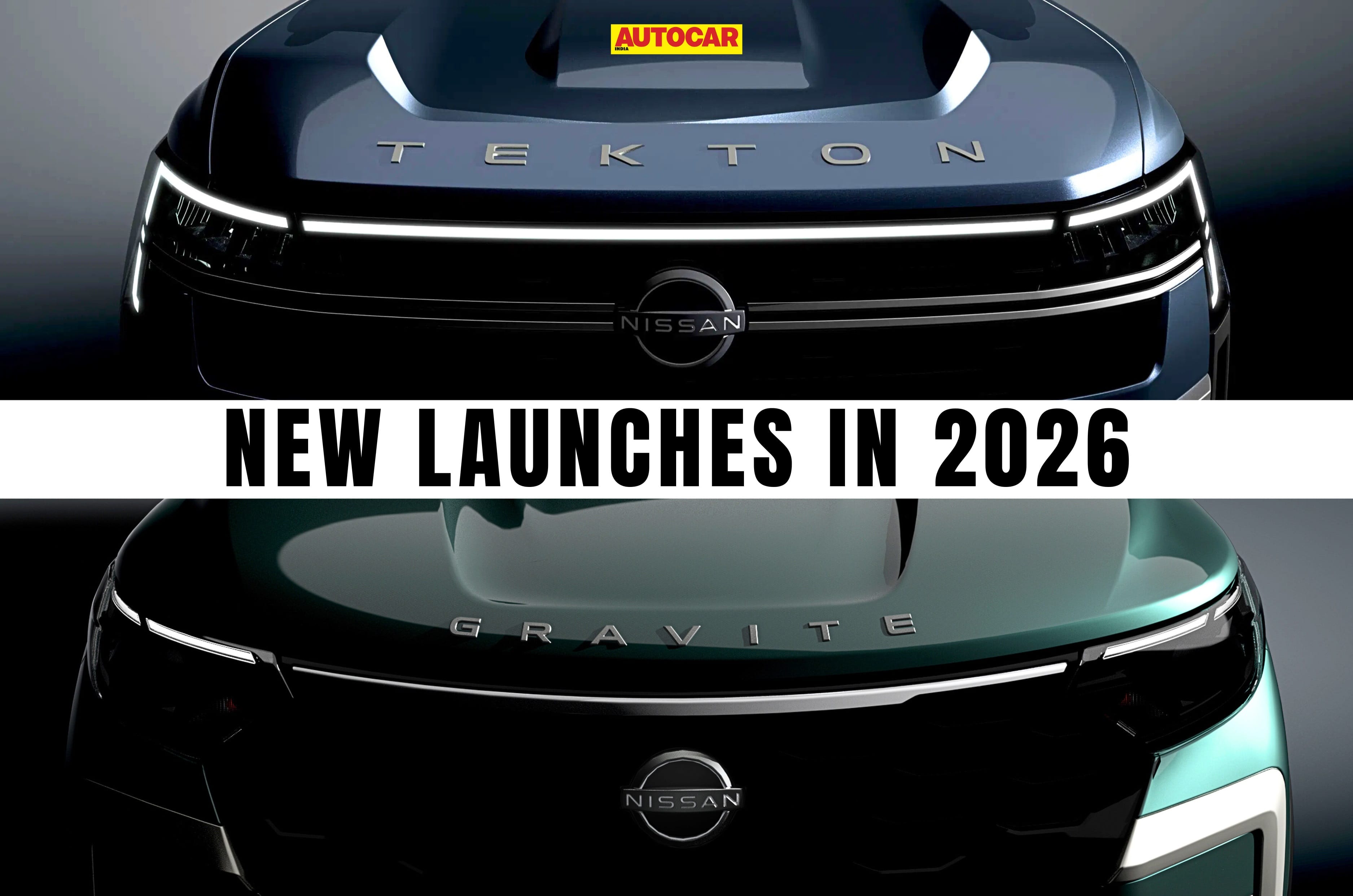Better work culture and streamlined operations are the main reasons for Proton’s turnaround – Li Chunrong
One of the things Li Chunrong did when assuming the role as CEO of Proton Holdings was to set up a Cross Function Team (CFT) to identify and address internal issues the company faced, and at the same time develop a new working culture for the new Malaysian-China team.
According to The Edge, before Geely came into the picture, Proton suffered from weak operational management, and the first thing the CFT recommended was to ask Proton vendors to reduce costs by 30% if they wished to continue supplying parts to the group.
This, naturally, was met with resistance. Vendors immediately complained about how difficult it would be to cut costs by 30% and still remain in business. Such defiance inadvertently caused rumours about Proton outsourcing parts from China to spread, but Li insisted that local vendors start cutting costs.
“When I came here, I asked our vendors to reduce costs by 30%. Then, of course, they complained. They asked me, how to reduce costs? I asked them back, in terms of operation management skill, who is better? You or Proton? They didn’t answer, because we [Proton’s management] were bad before.”
“I told them that your skill and my skill is the same, do you agree? They agreed. If I can reduce costs, you must be able to reduce costs,” he said, adding that if Proton could reduce its operational costs by 33%, the vendors should be able to do the same as well.
For Proton, cost-cutting measures involved closing down three regional parts centres and sold them for RM1 million each. It also shuttered a dozen warehouses across the country, maintaining just four now (Kuching, Kota Kinabalu, Shah Alam and Tanjung Malim).
The number of company cars were also trimmed – Li said Proton had a whopping 1,700 cars for its management, which he said was too many for a company producing less than 100,000 cars annually.
“When I was working in a company that was twice as big in China, we only had four company cars. That means Proton has so many company cars; so from my understanding, we can sell these cars,” Li noted. In the first six months, Proton had managed to sell more than 500 units of company cars. “This is one of the examples of how I reduce costs. If I can do it, definitely the vendors can do.”
Prior to the launch of the X70, Li urged Proton dealers to upgrade their dealerships to at least 3S or 4S standards, knowing that customers would be more receptive of the renewed brand image and quality. Li believes that the upgrading of showrooms was not only good in terms of brand image, but also service improvement.
Again, dealers opposed, claiming that the showroom upgrades would cost huge capital outlays. To mitigate this issue, Proton offered assistance to dealers, but this varies depending on the size of the showroom, location, and service bay capacity.
Currently, there are 124 3S and 4S centres spread throughout the country. Li explained: “Previously, more than 70% of our dealers were only doing sales (1S). Because of 1S, the store was small. The dealer could not store many spare parts. So that’s why Proton had to have many RPCs. But now, we have more 3S and 4S centres — 124 centres — so these RPCs are no longer necessary.”
“This is a business strategy. Why do I set up more 3S/4S? We want to upgrade our customer experience because we have high confidence in the X70. So we should put it in a high-quality environment, so that our customers can have a good experience,” he said.
Besides that, rumours swirled about an internal clash of cultures between Geely and Proton staffs, but Li that wasn’t the case. In fact, they shared more similarities. “CFT was tasked to develop a new culture, combining Geely’s, Proton’s and DRB-Hicom’s values. We came up with TARI. It stands for teamwork, achievement, respect and integrity. This is why I said that we have the same culture,” he explained.
“We also focus on the business. There’s only one reason why we are here — to do business. Let Proton be successful. I don’t want Proton’s staff to be hooked on other things. Everyone here is making a living for themselves and for their family.”
“Everyone here is a worker. You are a local worker, I am a foreign worker. You are not a shareholder. But we have an overlap in targets, which is to let Proton be successful. Otherwise, we cannot understand each other. There is a common interest to let Proton be successful,” Li added.
The post Better work culture and streamlined operations are the main reasons for Proton’s turnaround – Li Chunrong appeared first on Paul Tan's Automotive News.
from Paul Tan's Automotive News
Read The Rest:paultan...






Post a Comment